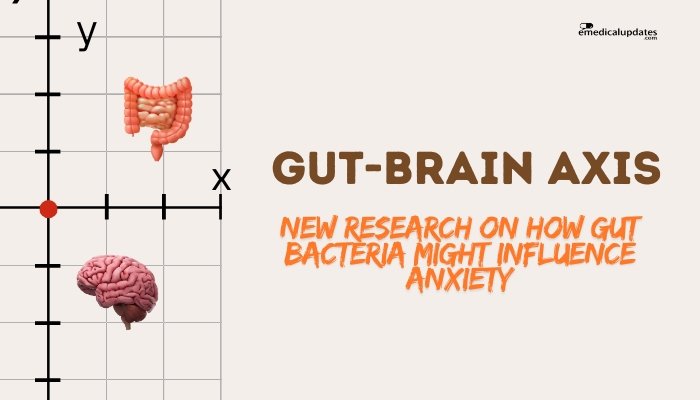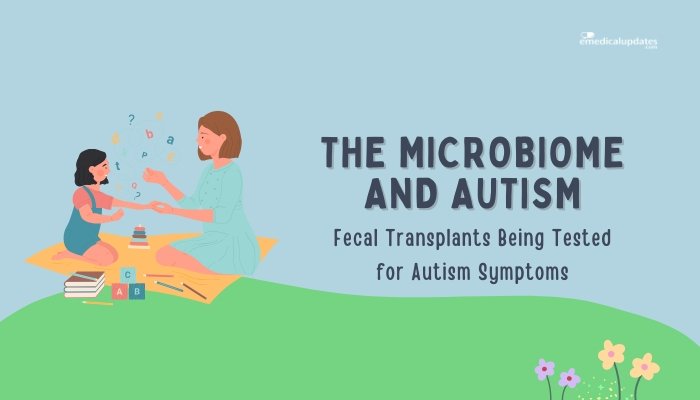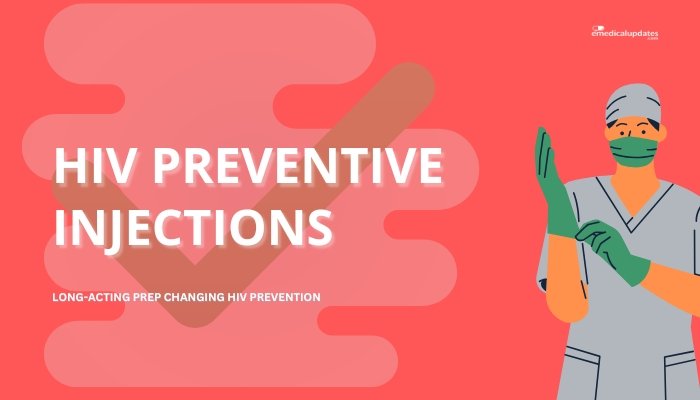Introduction
The idea that our gut bacteria—the trillions of microbes living in our intestines—can influence mental health might sound surprising. Yet recent research increasingly points to a complex gut-brain axis, in which signals from the gastrointestinal tract can affect mood, stress responses, and behavior.
Specifically, scientists investigating anxiety find that dysbiosis (an imbalanced gut microbiome) could exacerbate anxiety-like symptoms or hamper coping mechanisms. As the evidence builds, new treatments focusing on the microbiome emerge as potential allies in reducing anxiety. Below, we explore these groundbreaking findings, the biology behind the gut-brain axis, and possible future interventions.
The Gut-Brain Axis 101
Two-Way Communication
Traditionally, the brain was viewed as controlling body processes top-down, with minimal input from the gut. We now know bidirectional feedback loops exist:
- Vagus Nerve: A main conduit carrying signals from the gut to the brain and vice versa.
- Hormones and Neurotransmitters: The gut produces or modulates neurotransmitters (e.g., serotonin) that travel via the bloodstream.
- Immune Pathways: Gut bacteria can influence immune cells that, in turn, affect brain inflammation or neuronal function.
Microbial Metabolites
Certain gut microbes generate short-chain fatty acids (SCFAs), vitamins, or other compounds that cross into circulation, potentially influencing neurotransmission, stress hormone regulation, and even brain cell plasticity.
How the Gut Microbiome May Affect Anxiety
Microbe-Derived Neurochemicals
Some strains of bacteria produce GABA (an inhibitory neurotransmitter) or can trigger the release of serotonin. Imbalances may tilt the body’s overall stress response, fueling anxious feelings or dampening resilience.
Immune-Inflammatory Links
Chronic low-grade inflammation, sometimes driven by an unhealthy microbiome, correlates with anxiety and mood disorders. Reducing gut-driven inflammation might thus help stabilize emotional well-being.
Animal Model Insights
In mice or rats bred to exhibit anxiety behaviors, introducing a “beneficial” microbial strain or performing fecal microbiota transplantation from non-anxious animals sometimes yields calmer behaviors. This strongly implies a causal role for gut microbes in anxious states.
Recent Breakthrough Studies
Clinical Trials in Humans
Early-phase human studies—although often small—have tested probiotics or psychobiotics in participants with mild to moderate anxiety:
- Improved Anxiety Scores: Some groups show modest but significant improvements in standardized anxiety measurements, especially with multi-strain probiotic regimens.
- Microbiome Shifts: Responders often exhibit elevated levels of certain beneficial bacteria post-supplementation, hinting at a direct link to mood changes.
Dysbiosis and Anxiety Correlation
Large-scale observational data note that individuals with chronic anxiety or stress-related disorders often have distinct microbial profiles, with fewer Lactobacillus or Bifidobacterium species. Though correlation doesn’t equal causation, it points researchers toward targeted microbiome interventions.
Potential Interventions and Therapies
Probiotics, Prebiotics, and Synbiotics
- Probiotics: Supplements containing beneficial bacteria to restore a healthy microbiome.
- Prebiotics: Non-digestible fibers that feed beneficial microbes.
- Synbiotics: A combination approach, delivering both beneficial bacteria and their food sources.
Fecal Microbiota Transplant (FMT)
While FMT sees success in treating severe gut infections like C. difficile, researchers are investigating it for mental health. Trials remain experimental, but anecdotal or small-sample data indicates potential for relieving anxiety or depression if a stable beneficial flora is established.
Lifestyle Measures
- Dietary Adjustments: High-fiber, diverse diets can support a richer microbiome.
- Stress Reduction: Chronic stress itself can disrupt the microbiome, forming a vicious cycle. Mindfulness or therapy can help break this loop.
Cautions and Ongoing Questions
- Individual Variability: Every gut microbiome is unique. One probiotic strain might soothe anxiety in some but have little effect in others.
- Long-Term Safety and Efficacy: Many studies remain short. Sustained changes in gut flora or lasting anxiety reduction require longer follow-ups.
- Mechanisms: Unraveling the precise pathways—immune system modulation, neurotransmitter release, or direct nerve signaling—remains complex.
- Commercial Probiotics: Not all are created equal. Over-the-counter supplements vary in strains, doses, and evidence backing their efficacy.
Future Outlook
Personalized Psychobiotics
As researchers map which bacterial strains best reduce anxiety for certain individuals, custom probiotic cocktails could emerge—akin to personalized medicine. Over time, genetic or metabolomic profiling might inform optimal microbial therapies.
Combined Therapy
Gut-targeted treatments might complement conventional anxiety therapies—like SSRIs or cognitive-behavioral therapy (CBT). Together, they could address both the mind and body, offering more robust outcomes than either alone.
Regulation and Acceptance
If results remain promising, expect more guidelines from agencies or mental health organizations. Standardizing “microbiome therapy” for anxiety, however, depends on robust, large-scale evidence.
Frequently Asked Questions
- Can I cure my anxiety by just taking a probiotic?
- It’s premature to call it a cure. Probiotics may help some but are best seen as one tool among therapy, lifestyle changes, and possibly medication.
- How soon will we see widespread use of gut-based anxiety treatments?
- Likely within a few years, as more definitive clinical trial data accumulates and protocols for prescribing specific strains are solidified.
- Do dietary changes matter?
- Absolutely. A balanced, fiber-rich diet fosters beneficial gut bacteria, which may reduce baseline inflammation and stress responses.
- Is FMT safe for anxiety?
- FMT is primarily used for severe GI infections. Its use for anxiety is experimental, requiring rigorous clinical supervision.
- Should I talk to my doctor about probiotics for anxiety?
- Yes. Discussing it with a healthcare provider can help you identify clinically studied strains or safe options relevant to your condition.
Conclusion
Mounting research into the gut-brain axis reveals the profound impact that gut microbes can have on emotional regulation, stress coping, and possibly the development of anxiety. Though not a magic bullet, new findings underscore how dietary changes, targeted probiotics, or even fecal microbiota transplants could complement or enhance existing anxiety treatments. As large-scale trials refine our grasp of which bacterial strains are most beneficial, a future may emerge where mental health care includes specialized gut interventions—potentially easing anxiety through the power of the microbiome.
References
-
Cryan JF, et al. (2019). “The microbiota-gut-brain axis in health and disease.” Gastroenterology.
-
Foster JA, et al. (2021). “Gut microbiome and mental health: Current states and future directions.” J Clin Invest.
-
Evrensel A, Ceylan ME. (2015). “The gut-brain axis: The missing link in depression.” Clin Psychopharmacol Neurosci.
-
Pinto-Sanchez MI, et al. (2017). “Probiotics in anxiety and depression: A systematic review.” Nutrients.






